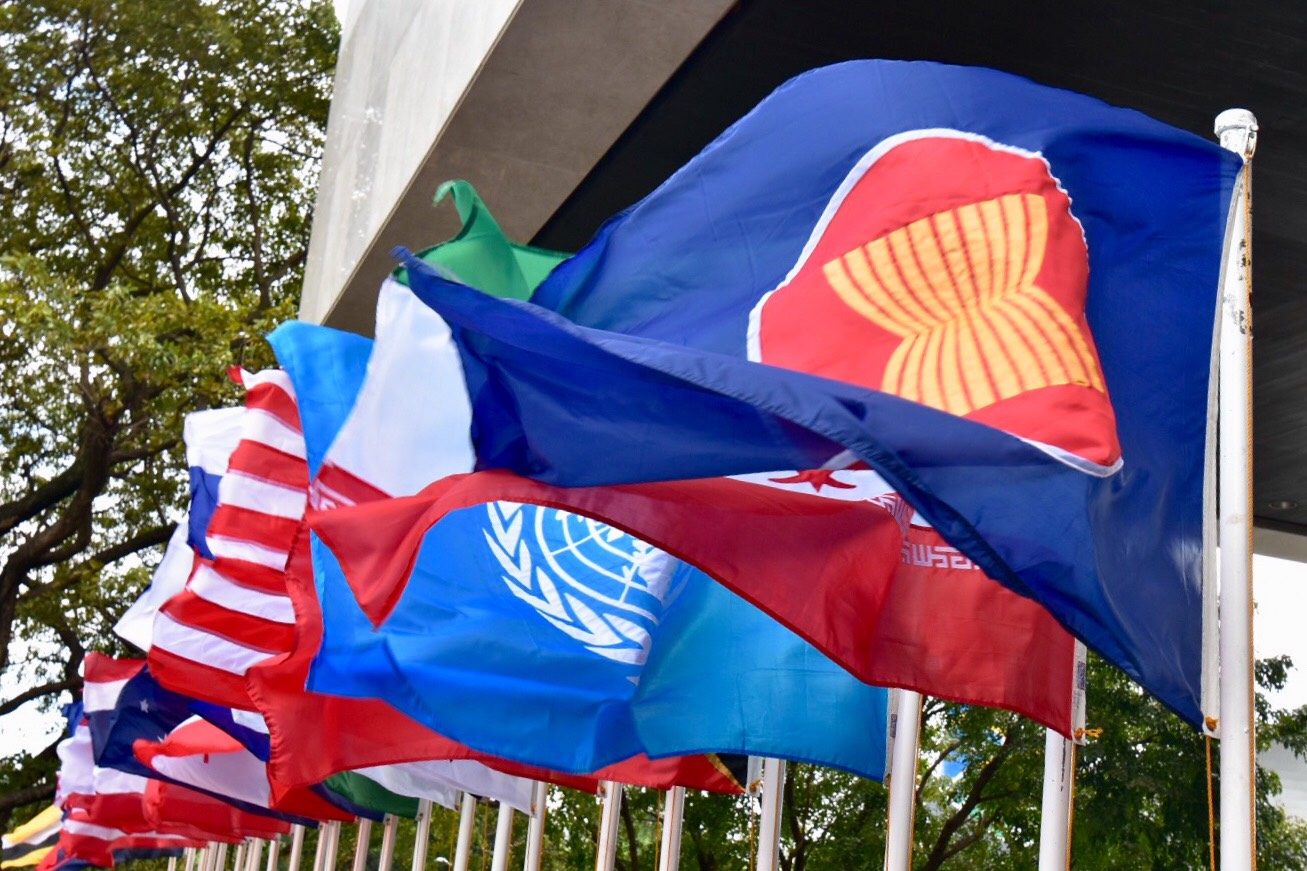SUMMARY
This is AI generated summarization, which may have errors. For context, always refer to the full article.

MANILA, Philippines – Promoting the rights and protection of migrant workers across Southeast Asia is among the expected highlights of the Association of Southeast Asian Nations (ASEAN) Summit in Manila.
Leaders from Brunei, Cambodia, Indonesia, Laos, Malaysia, Myanmar, Philippines, Singapore, Thailand, and Vietnam are set to sign the ASEAN Consensus on the Protection and Promotion of Rights of Migrant Workers on Tuesday, November 14.
By signing the document, ASEAN member-countries commit to enter into an action plan that will implement the ASEAN Declaration on the Protection and Promotion of the Rights of Migrant Workers signed exactly a decade ago in the Philippines.
“[It] covers a broad range of topics such as decent and humane treatment of migrant workers, cooperation to address cases, dispute settlement, access to justice [and] regulation of recruitment of migrant workers for their better protection,” said Overseas Workers Welfare Administration (OWWA) chief Hans Leo Cacdac.
Cacdac, former head of the Philippine Overseas Employment Administration, and negotiator in the ASEAN Committee on Migrant Workers, was the one tasked to work on the document. (READ: The bleak future of undocumented migrant workers in ASEAN)
“This is a more detailed document. There is a commitment by ASEAN member states to enter into an action plan for implementation and to identify best practices and entry into bilateral agreements or discussion,” he said.
The action plan will be crafted in the 2018 meetings under the ASEAN chairmanship of Singapore.
Binding arrangement
Rappler earlier reported that the creation of the document took time because of 3 contentious issues: the binding arrangement, the protection of undocumented workers, and the inclusion of migrants’ families.
The Philippines and Indonesia have been pushing for a legally-binding framework, while Singapore and Malaysia have had reservations about it as it may encourage more undocumented migrant workers.
The Philippines and Indonesia are labor exporters while Singapore and Malaysia host migrant workers.
Asked about the nature of the document, Philippine Labor Secretary Silvestre Bello III said: “We do not just mention whether it is legally, morally binding. We just assume that when you enter into an agreement, you have a commitment and therefore, you have [an] obligation.”
“We just didn’t spell out if it’s legally or morally or politically binding. What is important is the signatories are aware that they have a commitment when they sign the agreement,” he added.
Based on figures from the International Labor Organization, there are around 10 million migrant workers in Southeast Asia. Many of the migrant workers, according to a World Bank report, are low-skilled and often undocumented. (READ: Undocumented migrant workers: Hidden and helpless in ASEAN) – Rappler.com
Add a comment
How does this make you feel?
There are no comments yet. Add your comment to start the conversation.